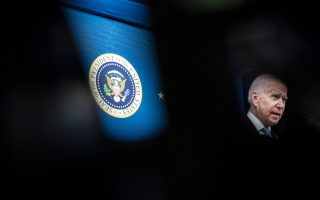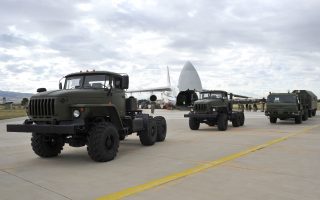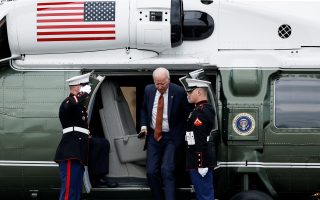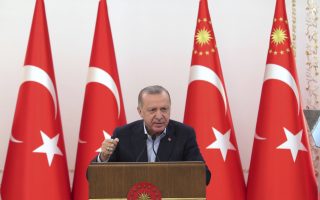A new smart era for the Middle East
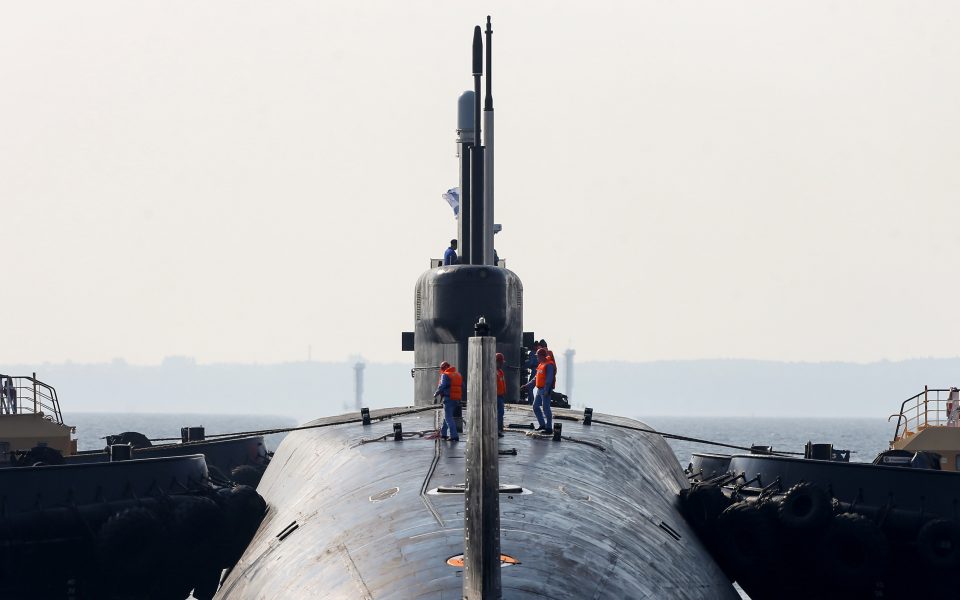
Even though for many decades the nature of the post-Cold War polarity was a topic of dispute, nowadays hardly anyone denies that humanity is experiencing a multipolar systemic condition. More than two great powers – i.e. the US, China and Russia – compete against and antagonize each other under the constant reminder of the mutually assured destruction (MAD) doctrine.
Multipolarity feeds systemic antagonism between the main protagonists in the international arena, but the MAD doctrine guarantees that this friction cannot culminate in a nuclear military confrontation. Thus, conventional military friction becomes popular again, meaning alliances and interstate cooperative schemes are again at the forefront of diplomatic endeavors. It does not matter if you are a “small” or a “medium” state. Actually it never did, but especially nowadays what truly matters is whether or not a state has a stable political status, a solid soft power aura, a modernizing economy and a well-trained army.
The Middle East is a region that, since the early 20th century, has never had the opportunity to search for security and prosperity amid a peaceful status quo. However, things were never more unstable than when the region entered the so-called Arab Spring era. The regional actors that managed to maintain internal stability and continue the modernization of their economies now enjoy an undisputed form of primacy, making them the apple of discord for the Great Powers. Saudi Arabia, the United Arab Emirates – it will be the main focus of my next monograph about smart states – and Qatar are the three main players that constitute the elite of the Arab world today. They, together with Israel and Egypt, seem able and willing to lead the Middle East toward a safer, more prosperous and technologically advanced new era.
According to Stephen Walt, states form alliances to balance threats, balance power and for “bandwagoning.” However, today it seems increasingly possible to claim that great powers are constantly searching for allies to maintain their prestige and status in the international arena. Great powers with no “followers” resemble the main character in the Hans Christian Andersen tale “The Emperor’s New Clothes,” who parades naked in the streets and, despite nobody daring to speak the truth, everyone mocks him. The emperor lost his prestige because he had no trustworthy subjects to warn him of his weakness. Like the emperor, great powers need reliable allies that will stand by their side in case of political and military antagonism to empower them in every possible way.
Since the early days of 2020, in various articles, conferences and lectures in Greece and abroad, I have supported the view that the coronavirus pandemic – this black swan phenomenon of our times – is casting a long shadow not only on public health but also on international politics. In the post-Covid-19 era, we will see the invigoration of systemic friction between the three great powers for reasons that mainly have to do with the structural illustration of the international environment – i.e. anarchic and antagonistic but not chaotic. The return of antagonism at the highest level of the international structure means that the great powers will either seek to renew their alliances or establish new networks in key regions of the globe, such as the Greater Eastern Mediterranean, which includes the Middle East, North Africa and the Eastern Mediterranean.
Saudi Arabia and the UAE play a significant role in the Arab world. One of the reasons for this is the special relationship these two states share, which enhances their joint diplomatic and military functioning whenever necessary. The case of the conflict in Yemen is an example that shows the tremendous geostrategic value of their relationship. Another reason is that both these factors have managed to overcome the burdens of history and constructed a safe corridor of open and continuous diplomatic communication with Israel, with the UAE holding the leading role in this process, through the signing of the Abraham Accords. The ability of the abovementioned states to conceive their future in terms of sociopolitical progressive innovation reveals their upgraded geostrategic role for the new smart Middle East.
The US still holds the premier role in the region, maintaining very close relations with the UAE, Israel and Saudi Arabia. Nevertheless, both China and Russia are making their presence visible too. The key to the hearts and minds of the UAE, Israel and Saudi Arabia is how Washington will deal with revisionism in the region, namely that of Iran and Turkey. A Greek proverb says: “You cannot have the entire pie for yourself and the dog well-fed too.”
Spyridon Litsas, PhD, is professor of international relations at the University of Macedonia and at Rabdan Academy in the United Arab Emirates.
